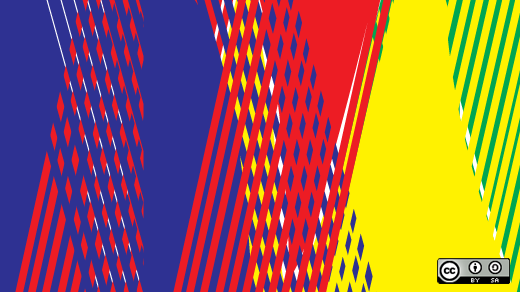Well, it seems that Google Wave isn't quite dead yet after all. Turns out, they're open sourcing a bit more of the project and asking for collaboration. (Ok, someone to take over.)
I can't be the only geek who immediately thought of Monty Python and the Holy Grail upon reading the announcement.
It's not that Wave wasn't a good idea. It was a great idea. And it's not that Wave wasn't technologically impressive. It had incredible potential. But despite Google's commitment to openness (remember Open Manifesto?), the company chose to play this hand close to its chest.
The gamble didn't pay off. Like many Google applications, Wave was launched as an invitation-only beta. Arguably, it worked for Gmail, but the same invitation-only beginning left Wave floundering. It's hard to use a tool designed for mass collaboration when you can't get enough invitations for everyone you'd like to collaborate with.
To anyone who used Wave, it was clear that it could well have been email's successor. But Google kept the source code tightly closed, frustrating interested developers. From the outside, it felt like the company was following their own “What not to do” plan:
“...[The traditionally trained MBA] is taught to generate a sustainable competitive advantage by creating a closed system, making it popular, then milking it through the product life cycle. The conventional wisdom goes that companies should lock in customers to lock out competitors.”
That's why Wave's inevitable crash seems so senseless. Google gets how open businesses find a competitive advantage--not by locking in customers, but by understanding a fast-moving system better than anyone else and using the knowledge the generate better, more innovative products. (That's lifted straight from Rosenberg's manifesto, by the way.)
Instead of opening up the project to outside developers when it held so much promise, Google is handing them some of the newly retired source code "in a box" and bidding Wave farewell. Let's hope something valuable can be salvaged.
We all make mistakes. But moving forward, Google, here's an open invitation to couple that 20% freedom with a stronger commitment to collaborate with the rest of us.






5 Comments